The dangers of rubbing your eyes
We all rub our eyes when we are tired, or frustrated, or just out of habit. Knowing what happens when you do it and how you can get rid of this bad...
2 min read
 The Rochester Eye & Laser Team
:
Aug 17, 2021 8:30:00 AM
The Rochester Eye & Laser Team
:
Aug 17, 2021 8:30:00 AM
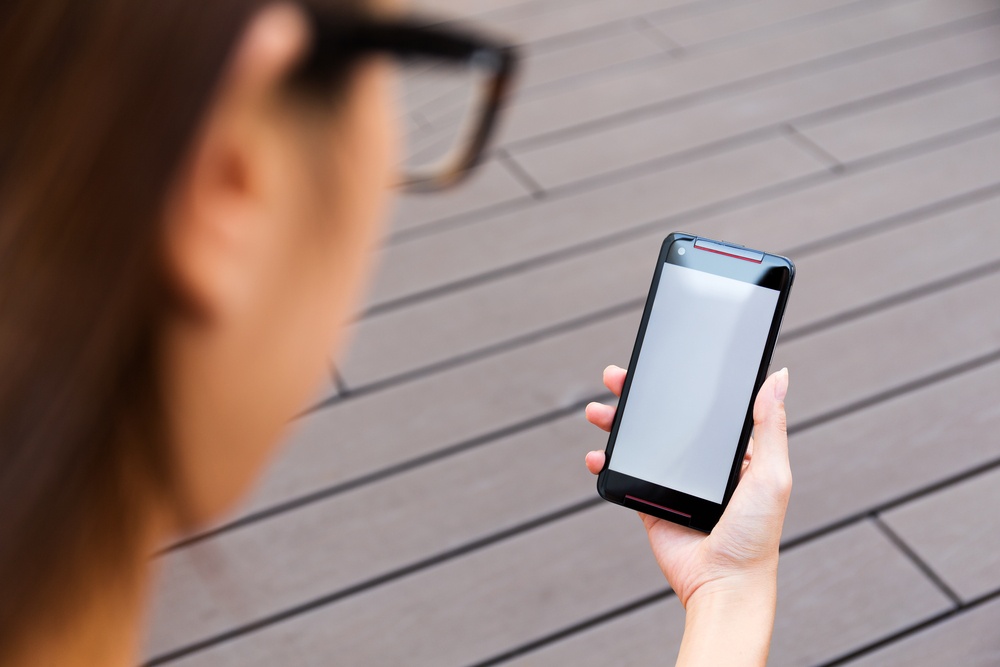
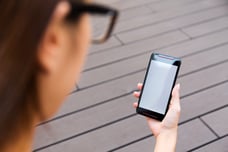
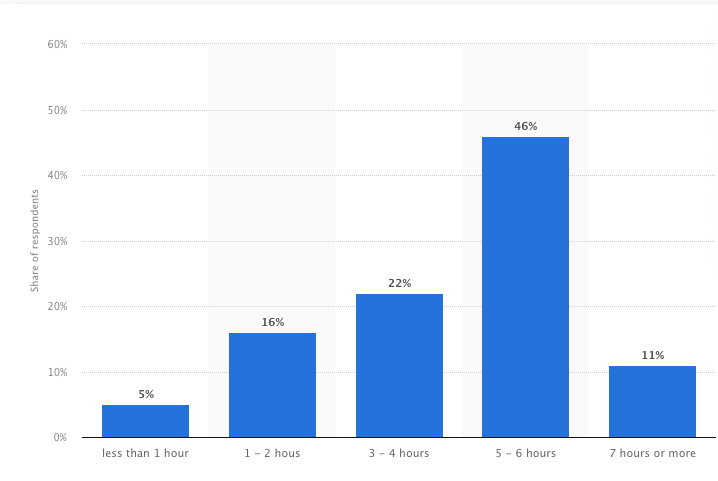
With so much time spent on our screens, how does it affect your eyes, and is there anything you can do to help?
The Nearsightedness Epidemic
Nearly a third of Americans said they are online “almost constantly”, a statistic that has risen substantially across age groups since the study was conducted the year before.
With American adults spending all this time per day staring at mobile devices, you might have wondered if staring at a screen can damage your eyes. The answer is yes—and no. Screens don’t harm your eyes any more than other activities that require you to see close up, like traditional books. However, close-up activities do cause eye strain, dry eyes, and tired eyes, which can lead to myopia or nearsightedness. And since we’re looking at things close up—computers, smartphones, video games—far more often than we used to, it’s affecting our eyesight.
In fact, since 1971, the incidence of myopia has nearly doubled in the U.S. and occurs in 30 to 40 percent of adults, and in up to 80 percent of the Asian population. Myopia is disproportionately affecting young people. While there’s clearly something going on, ophthalmologists aren’t aligned on exactly the cause. Is it the increase in time spent focusing on screens? Or the blue light from screens interacting with circadian rhythms and influencing eye growth among children? Or perhaps it’s a lack of natural sunlight? Or something else entirely? The jury is still out on the exact cause, but there’s no doubt it’s happening.
Executives at Apple and Google unveiled on-device features to help people monitor and restrict how much time they spent on their phones. Facebook and Instagram, two of the biggest time sucks on the planet, also rolled out time spent notifications and the ability to snooze their apps — new features meant to nudge people to scroll through their apps a little less mindlessly. Tech giants have responded to this growing concern with new features. Apple released Dark Mode, which enables a dark background on the iPhone and is aimed at “making every element on the screen easier on your eyes." Google is doing the same with Android. Experts, however, aren’t convinced this feature will help, and a year after Big Tech rolled out their time-well-spent features, it doesn’t seem like they’re working: The time we spend on our devices just keeps increasing.
“While bright light in the evening is known to disrupt circadian rhythms, there’s no real evidence that white font on a dark screen is easier to read than the reverse,” says Dr. Michael B. Rivers, ophthalmology director at Modernizing Medicine. “In fact, leading experts currently believe the duration of screen use is more of a factor than the brightness of the screen.”
So, what can you do to prevent myopia? Give your eyes a rest—even a short break can help. When you’re looking at a screen or reading a book, take a break every twenty minutes or so to look at something in the distance. Every 20 minutes, look at something 20 feet away for 20 seconds.
Also, get regular eye exams every year.
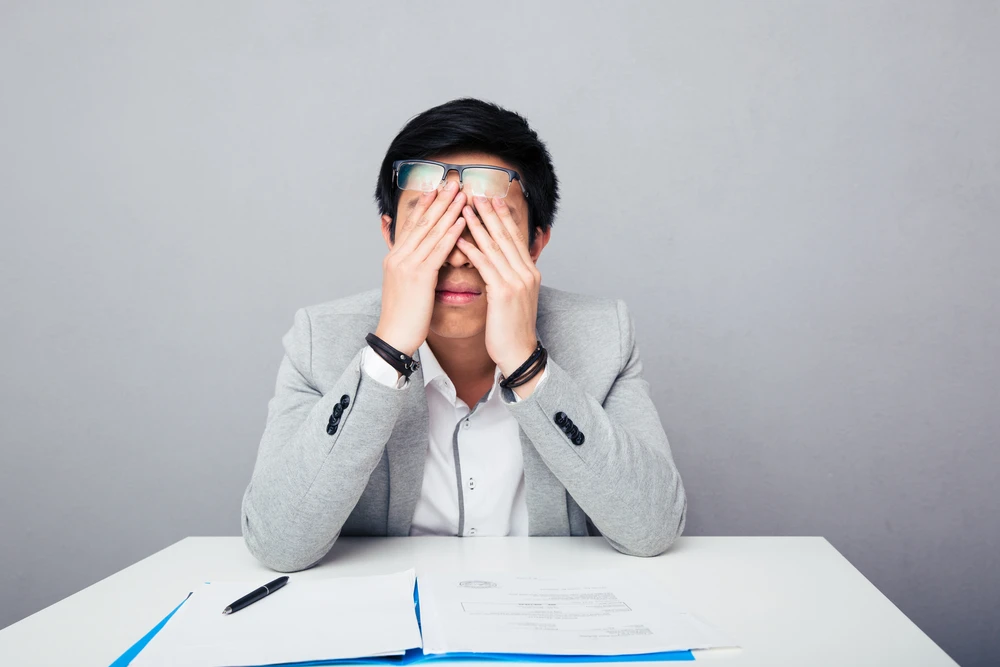
We all rub our eyes when we are tired, or frustrated, or just out of habit. Knowing what happens when you do it and how you can get rid of this bad...
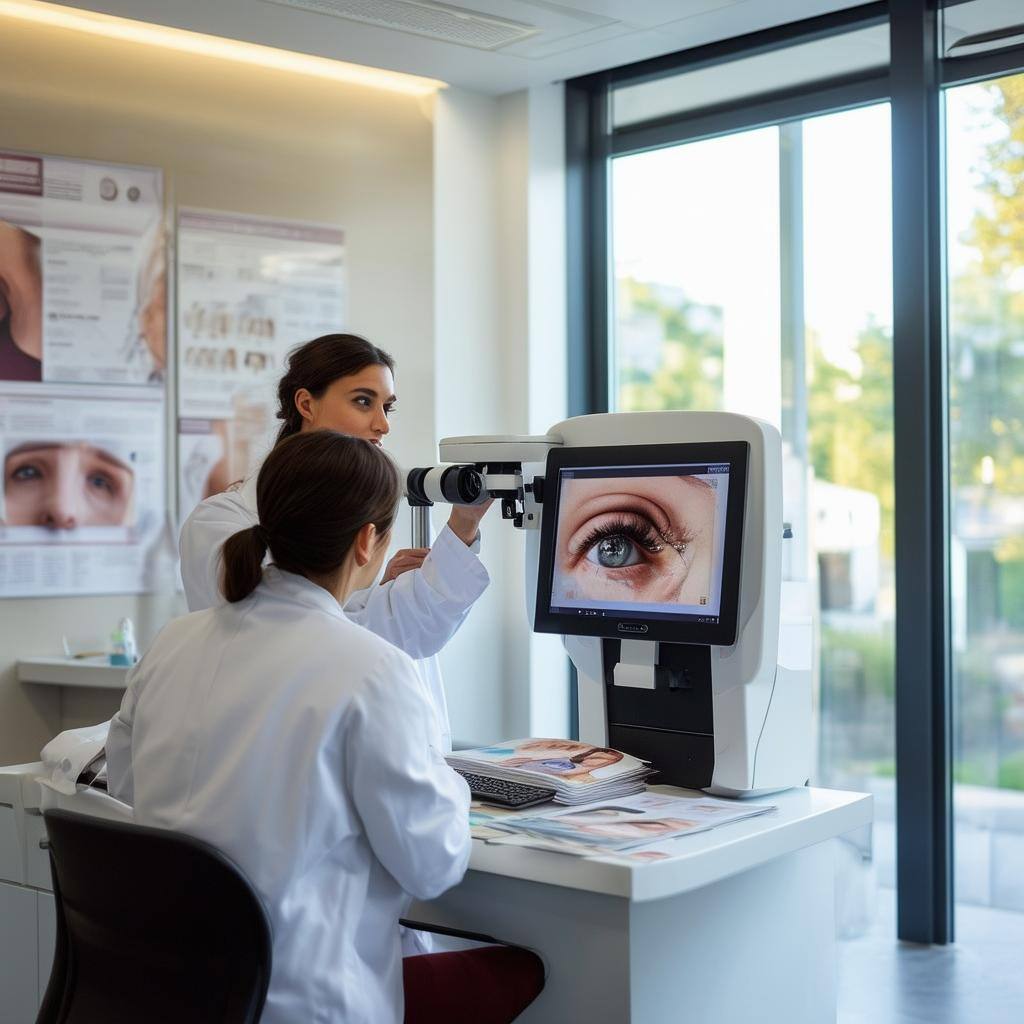
What is causing the increase in nearsightedness? Nearsightedness (myopia) is increasingly becoming a concern for people of all ages and backgrounds...

With the upcoming summer days approaching, it’s hard to keep the kids still. When my little ones get a little tiresome and cranky, my husband probes...